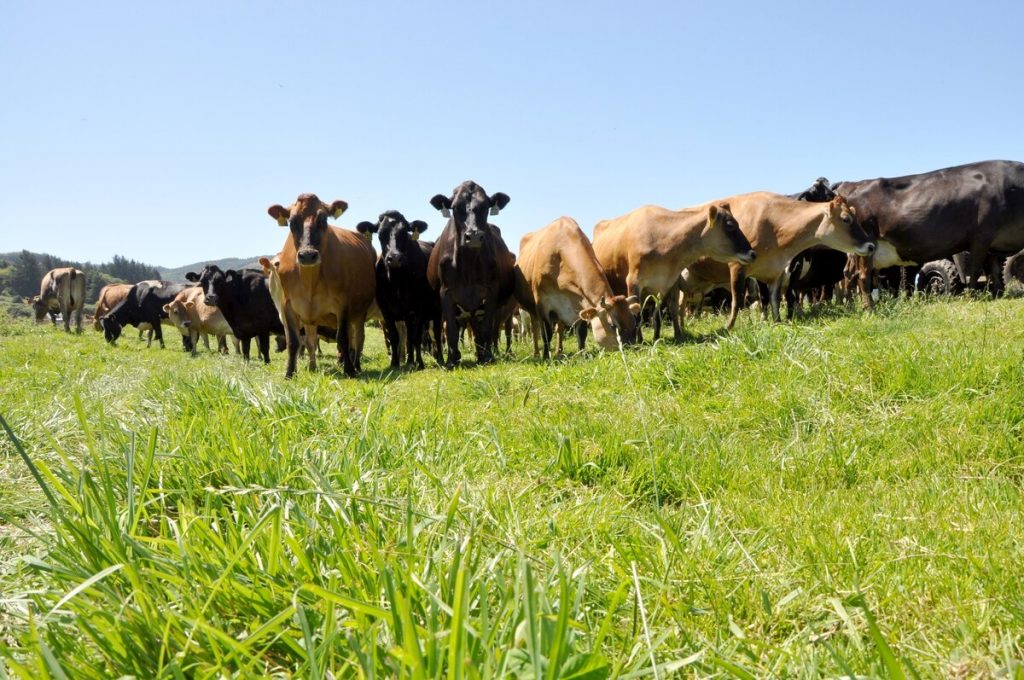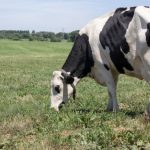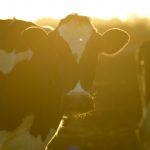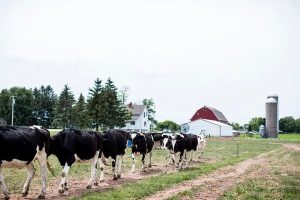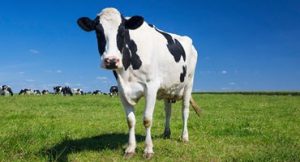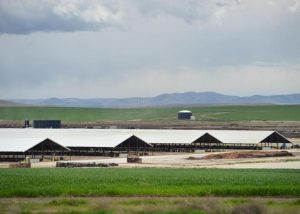
On Monday, Dec. 30, the Oregon Department of Agriculture declared that the cleanup of Eastern Oregon mega-dairy Lost Valley Farm was complete, and that a new mega-dairy, Easterday Farms, could open at the same site.
Lost Valley Farm—which was the state’s second-largest dairy when it opened in 2017—quickly racked up hundreds of thousands of dollars in fines for violating its wastewater permit, The Statesman Journal reported at the time.
In April 2018, the dairy’s owner, Greg te Velde, declared bankruptcy and sold his herd. A bankruptcy court became the dairy’s trustee, declaring that te Velde’s overspending, drug use and criminal charges made him an unfit owner. The bankruptcy court-appointed trustee was largely responsible for the cleanup of over 30 million gallons of manure and wastewater.
ODA’s recent “notice of satisfaction” clears the way for new buyer Easterday Farms to open a new mega-dairy at the cleanup site.
Pasco, Wash.-based Easterday Farms told regulators in July that it plans to house 28,300 animals at the Lost Valley Farm site, which would again make it the state’s second-largest dairy.
Stephanie Page, ODA’s director of natural resources and pesticide program, says the agency plans to transfer the cleanup permit to Easterday Farms but it will have to apply for a new permit before it can begin operating.
Not everyone is satisfied. According to a release from the climate non-profit Food and Water Watch, 21 environmental advocacy groups signed a letter to Gov. Kate Brown and the Departments of Environmental Quality and Agriculture opposing a new mega-dairy.
“State officials have demonstrated their inability to properly regulate mega-dairies and keep Oregon safe from the environmental and health threats posed by these industrial-scale operations,” Tarah Heinzen, senior attorney with Food and Water Action, said in a statement. “The drinking water of the surrounding communities is already contaminated, their air quality is in jeopardy, and putting another nearly 30,000 cows on the site will lead to more pollution and more health risks.”
Under ODA’s current cleanup permit, no animals are allowed on the farm site. And as part of the permitting process, Page says Easterday Farms’ application will be submitted to a “very rigorous” public engagement process. She says ODA tentatively plans to make a decision on whether or not to open Easterday’s permit application to public comment by spring, and that it “wants to make sure [it] crafts a very robust permit.”
